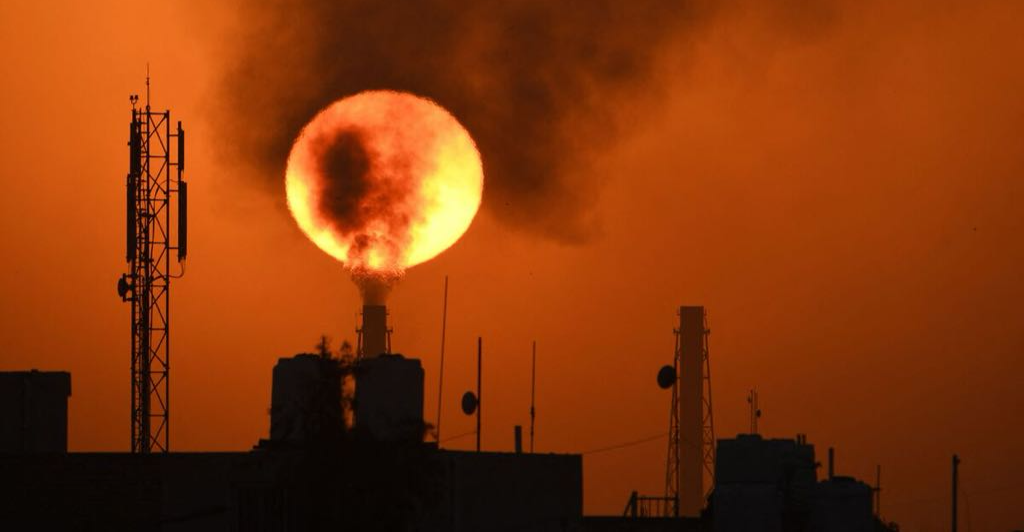2025-02-15T16:24:24+00:00
font
Enable Reading Mode
A-
A
A+
Shafaq News/ On Saturday, Foreign
Minister Fuad Hussein announced that Iraq is working to resolve technical
issues with the Kurdistan Regional Government (KRG) to restart crude oil
exports to Turkiye, citing $19 billion in lost revenue due to the nearly two-year
suspension.
“The legal framework has been agreed
upon, and discussions now focus on technical matters between oil companies and
both federal and regional governments to resume exports,” Hussein told Bloomberg
on the sidelines of the Munich Security Conference, expressing optimism that negotiations
could “begin next week and be finalized within days.”
Arbitration Dispute Halts Oil Flow
Oil exports from Kurdistan to
Turkiye’s Ceyhan port were suspended in March 2023 following an arbitration ruling, which Hussein dismissed as a “minor
issue”, suggesting it could be resolved during next year’s Baghdad-Ankara
pipeline contract negotiations.
Budget Amended to Incentivize
Exports
The Iraqi Parliament recently
amended the national budget, increasing compensation for oil production and
transportation from $6 to $16 per barrel. Hussein said this adjustment has improved
the chances of resuming exports “as soon as possible”, with oil companies
agreeing to the temporary rate.
“Once the pipeline is ready and oil
companies are prepared, exports can resume,” Hussein stated. “Until the actual
costs are assessed, the rate will remain at $16 per barrel, subject to revision
following a third-party audit.”
Pipeline Crucial for Market
Stability
Hussein emphasized that Iraq’s oil
production remains limited under OPEC and OPEC+ agreements, but reopening the
pipeline is a strategic necessity.
“We have no alternative pipeline.
This one is crucial for us,” he said, noting that resuming exports would bolster
economic security amid geopolitical uncertainties.
The suspension of the Iraq-Turkiye
pipeline has cut Iraqi crude exports by 500,000 bpd, tightening global supply.
Restoring Kurdistan’s oil flows could help offset production cuts and stabilize
markets.
Oil Minister Hayyan Abdul Ghani had stated
earlier that Iraq plans to transfer at least 300,000 bpd once operations resume
and has begun pressuring the KRG to route oil through the state-owned SOMO
(State Organization for Marketing of Oil).
Turkiye and US Pressure for
Resumption
Turkiye has repeatedly stated that
the pipeline is operational, placing the responsibility on Iraq to resume flows,
while the United States voiced strong support for restoring oil exports through
the Iraq-Turkiye pipeline.
However, Baghdad faces a delicate
balance—while resuming Kurdistan’s oil exports could ease market pressure, Iraq
remains bound by OPEC+ production limits.
